The pandemic exposed my apathy towards religion. It isn’t until now that I realize how hard I’ve worked to achieve this spiritual apathy, this numbing of certainty and expectation. The boiling longing, studying, praying, and weeping that invigorated and devastated my entire life has slowly evaporated into steam; now my pot is empty. The white, dusty minerals that circle the inside of the pot are the only evidence that I was ever full of tempestuous water.
Before the pandemic, I hid my empty feelings concerning religion with habits; church every Sunday, serving as the nursery singing leader, lessons, talks, prayers, and showing up where devotion was proved through attendance and willingness. But then the novel coronavirus stripped that all away with quarantine. And there I was, empty and dry, exposed without attendance to cover it.
When my husband left the Church of Jesus Christ of Latter-Day Saints, I chose to stay; I chose to stay in our marriage and in the church he despised. If I was a domineering person or a frank person or even a person who was sure about anything, I don’t think I would be in this dry, apathetic state. But in loving and listening to my husband, who demanded the church apologize for its racist, sexist, and homophobic past, I understand. My husband’s pain is real, the history that appalls him, appalls me, too.
However, I also see change in the church, slow but steady. The church is not some thing, like a machine, that moves on its own; the church is people, humans. I believe in humans. It is a vast array of experiences with God: goodness, pain, and healing. I choose to stay. But in staying, I straddle two worlds; a world where the church is wrong and my husband’s beliefs are valid, and a world where my husband’s experience is small and the church is beautiful. I cannot feel too strongly about either one or else I would tear right down the middle. How do I love two diametrically opposed ideas? Not very well. I allow both to exist while I stand in the middle.
I’ve watched my husband thrive and fail. I’ve watched the church thrive and fail. They both seem to be full and sure. My husband knows that our bodies return to the elements as we live on through the memories of those who love us, and the church knows that there are three degrees of glory and that we live on with our bodies for eternity. Both ideas about death seem beautiful to me, and I’m unsure about both. The church says God lives, my husband says God is an idea. My husband finds joy in coffee, and the church says that coffee is against the Word of Wisdom.
I have examined the paradox and have found both, church and husband, to be true. How do I live within a paradox? It seems I have worked hard for the answer: apathy. When I demanded Truth, I was boiling and full, I hated my husband or my church who fought against each other and refused to give me certainty. But now that I see a million truths, I’m content. Both can exist while the other is not wrong. I don’t need to fight them anymore; I just listen. Sometimes I wish that I knew for certain if one or the other were more true; I yearn for that boiling water inside me.
However, in a letter, that I found both wise and idiotic (another paradox) Voltaire wrote, “doubt is not a pleasant condition, but certainty is an absurd one.” Thank you, Voltaire. Perhaps, I’ve been using the wrong word. I’m not apathetic; I’m in a chronic condition of uncomfortable doubt. I am not certain about anything. The acceptance of the vast variety of human experiences inside and outside of the church has left me feeling like an empty pot of boiling water. The water has evaporated into the air, dispersing instead of condensing.
Ah. It’s beautiful to me now: I’m not the pot, I’m the water.


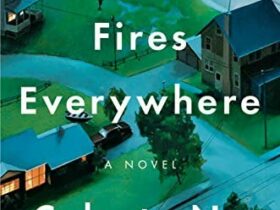
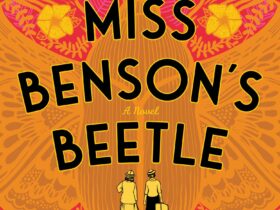
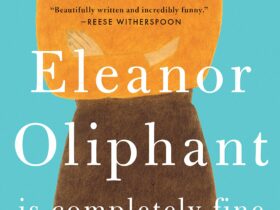
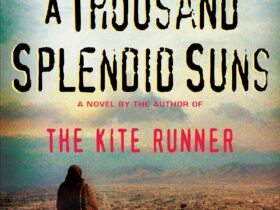
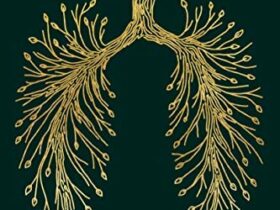
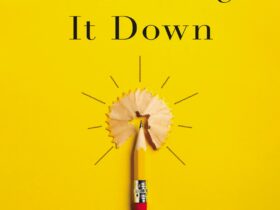
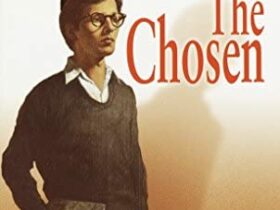
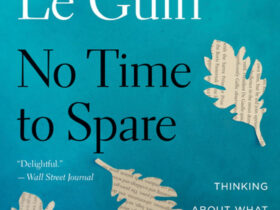

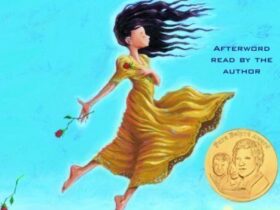

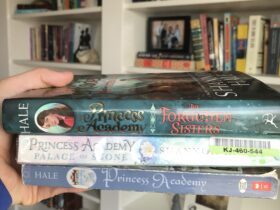
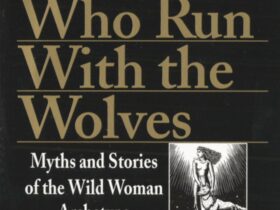
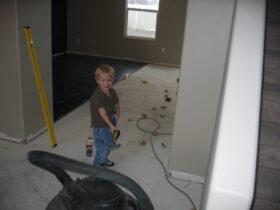
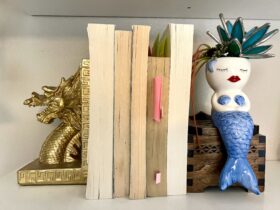

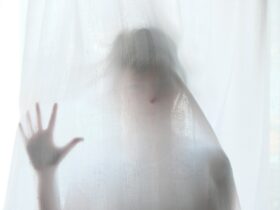

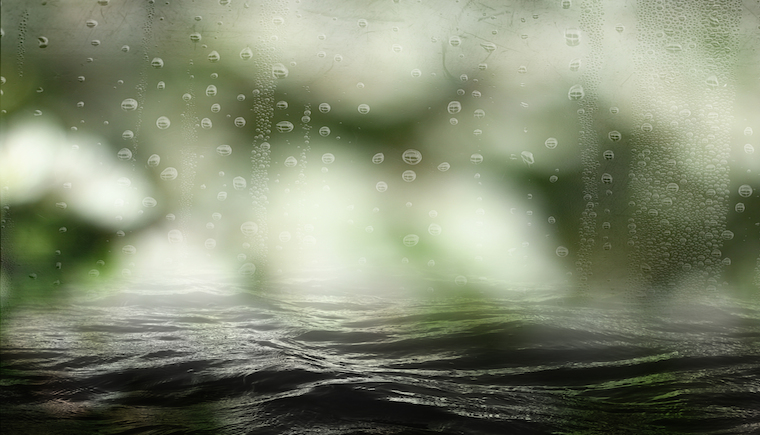

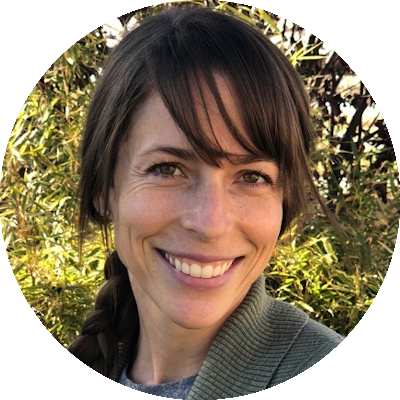
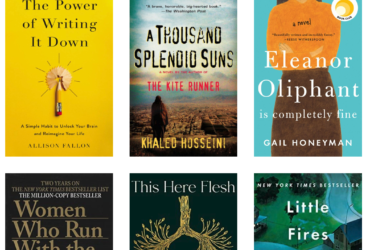
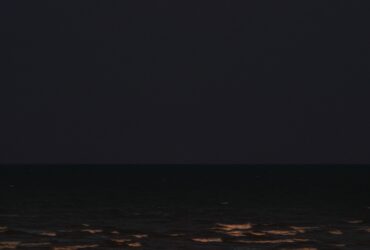

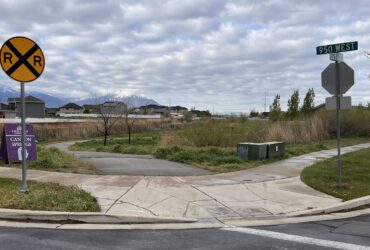
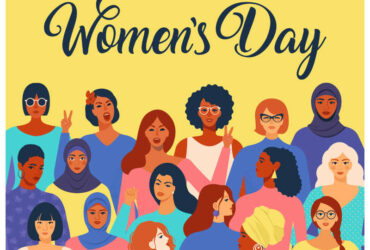
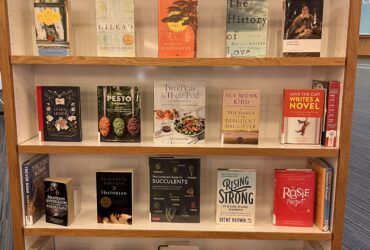
Leave a Reply